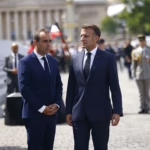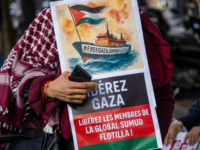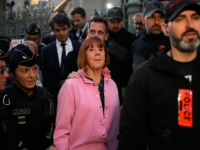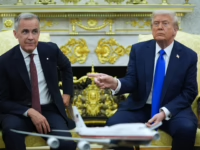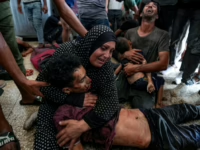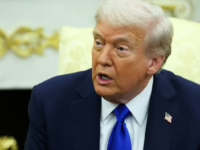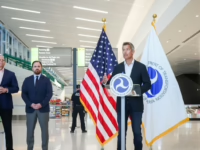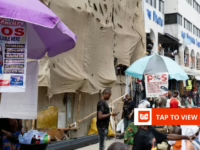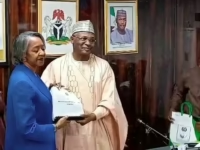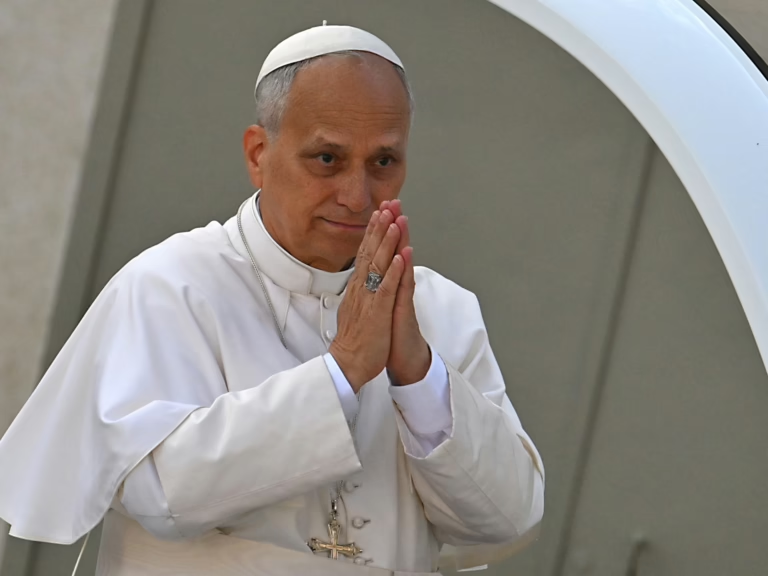The pontiff is anticipated to call for harmony in the Middle East while engaging with both Muslim and Christian communities in the region.
Pope Leo XIV has designated Turkiye and Lebanon as the destinations for his inaugural international journey as the leader of the Catholic Church.
According to a Vatican announcement on Tuesday, Leo, the first American-born pope, will visit Turkiye from November 27 to 30, followed by a trip to Lebanon from November 30 to December 2.
Choosing these two predominantly Muslim nations carries deep symbolic significance for followers of both Christianity and Islam. Each country hosts some of the oldest Christian populations, and the late Pope Francis had expressed a desire to visit these lands before his passing.
Leo’s itinerary in Turkiye coincides with the 1,700th anniversary of the Council of Nicaea, the inaugural ecumenical council convened in what is now Iznik, Turkiye.
During his stay, the pope is expected to meet with Patriarch Bartholomew, the spiritual head of approximately 260 million Orthodox Christians worldwide, to participate in commemorations honoring the council that laid down foundational Christian doctrines.
Reverend John Chryssavgis, an advisor to Patriarch Bartholomew, described the visit as “deeply meaningful.”
“Pope Leo is clearly aiming to affirm his Christian identity in a diverse world of many faiths, where people of all religions and ethnicities are called to coexist in mutual respect,” Chryssavgis told Reuters.
In Lebanon, Pope Leo intends to honor the victims of the 2020 Beirut port blast, a tragedy that claimed 200 lives. Lebanon, with a population of six million, boasts the highest proportion of Christians in the Middle East and is unique among Arab nations for having a Christian president, Joseph Aoun.
This visit will provide Pope Leo-who was elected on May 8-to address the ongoing challenges faced by Christians in the Middle East and to advocate for peace across the region.
Echoing the stance of his predecessor, Pope Leo has consistently urged for dialogue and reconciliation, including calls for a ceasefire in Gaza to halt the “terror, destruction, and loss of life.”
Just this past Sunday, he expressed hope regarding peace talks aimed at ending the Gaza conflict, noting “meaningful progress” and encouraging “all leaders to dedicate themselves to this course.”
International travel has become a hallmark of contemporary papacies, enabling popes to connect with local Catholic communities, promote the faith, and engage in global diplomatic efforts.


